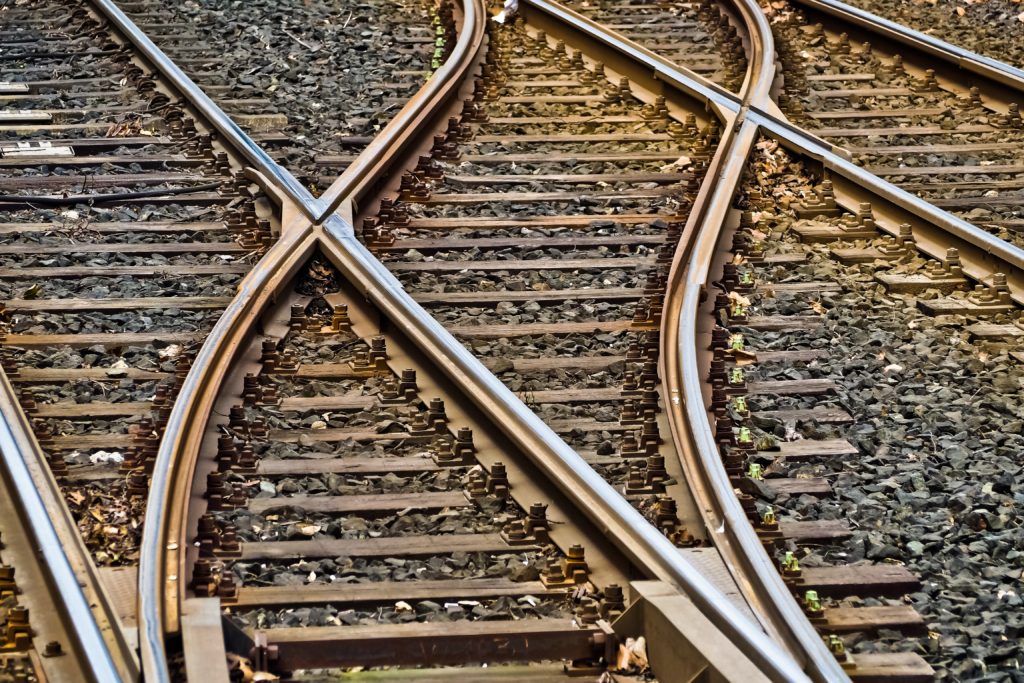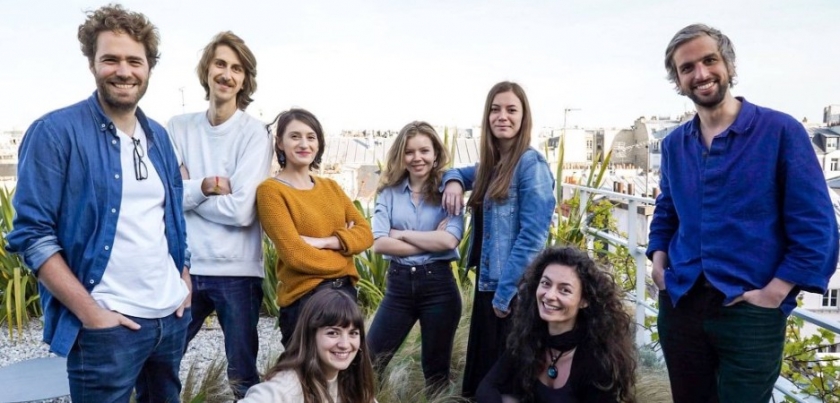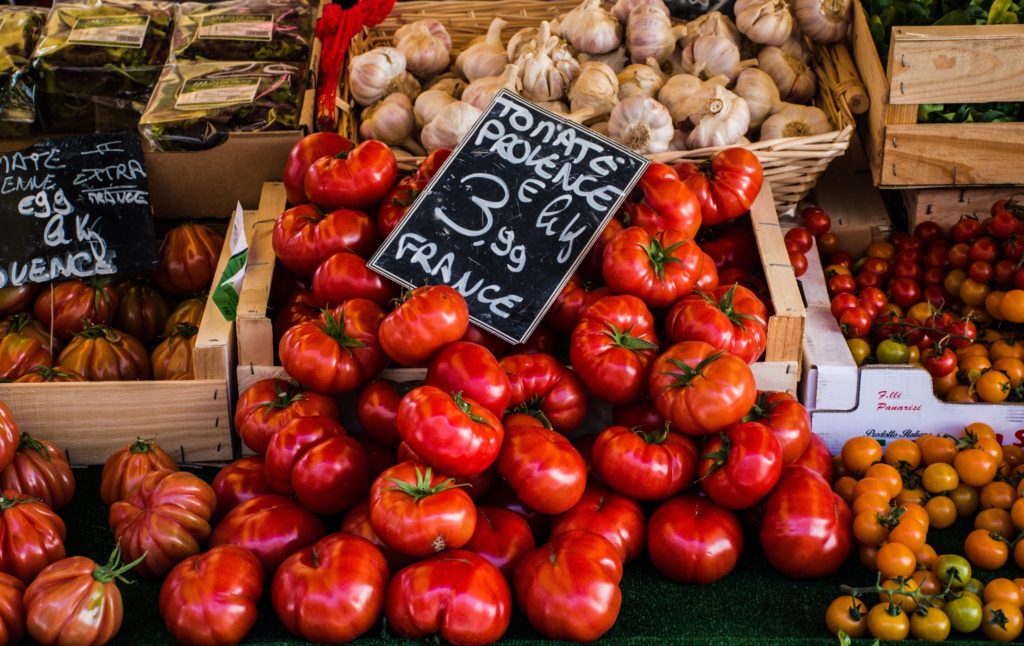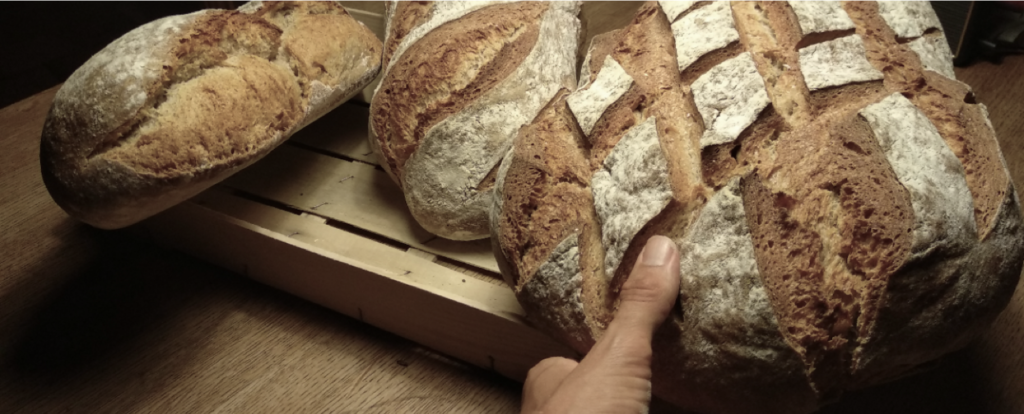Rethinking communal goods in the time of Covid-19
At Sparknews, we believe that they can also be great opportunities to adapt and rethink our relations with the world. As a team who wants to ignite new narratives that can accelerate the ecological and social transition, we can’t avoid asking ourselves what will be the shape of the global collective story emerging from the current worldwide sanitary emergency. In this week #SparkMinute, let’s focus on the commons with local examples, of businesses rethinking their models, and of articles and opinions that can nourish our imagination.

The Spark Minute: the end of exclusive proprietary rights?

When organizations go the extra mile
Even with borders locked, participatory science has not had its last word, according to The New York Times. Amid the coronavirus crisis, the non-profit platform Just One Giant Lab (JOGL) launched OpenCovid19. This gathering of enthusiasts aims to develop needed innovations at a lower cost, such as detection tests or syringe pumps. The fruit of their cooperation is open-source, with a permissive license, and can, therefore, be used by everyone, including in a commercial context. Read more in The Guardian and Crosscut.
Confronted with rushed remote learning and overloaded digital work environments, teachers have turned to Zoom, Moodle, Youtube and Sofatutor, which has raised questions about the use of their users’ data. German authorities have suggested two alternatives: an encrypted messaging app called Threema, and an open-source platform called BigBlueButton for video conferencing. Read more on DW and on Carleton Newsroom, the university where BigBlueButton was created in the late 2000s.

Local initiatives against global disorder
Another link in the food chain is collaborative grocery stores. In these structures, members must devote a few hours each month to the management and smooth operation of the supermarket. The Park Slope Food Coop runs on the sweat-equity of 17,000 “member-workers”. For the first time since it opened its doors in 1973, the monthly labour requirement for members was suspended during the coronavirus outbreak in New York City. Yet, this legendary food co-op shows how community organizations can still thrive in a pandemic. Read this article in Quartz.
2.2 billion people, one in three people worldwide, live without access to safe drinking water. During a health crisis in which hand washing is mandatory, those who want to have water recognized as a common good have pointed out the failures of the privatization of drinking water services. In Chile, the association Modatima has launched an emergency campaign to raise funds and deliver two six-litre cans of water per person to the rural areas most affected by drought and lack of water. They are now calling to stop the privatization of water sources. Read more in the Resilience blog.

Let’s imagine the future
The Commons is a documentary film about communities re-asserting sustainable futures using consensus, equity and shared resources. Sparked by the ongoing privatization and destruction of commons, this film by Kevin Hansen shows how many activists are reinstating commons and re-establishing communities managing commons such as maker spaces, land trusts, cooperatives, local food production and distribution, shared housing, free education, and community centres. Watching people working together democratically, currencies being re-imagined, and cooperatives being launched, is quite an invigorating sight. Watch the documentary here.
How can public services interact with the commons? Satoko Kishimoto, Lavinia Steinfort, and Olivier Petitjean edited in May 2020 ‘The Future is Public. Towards Democratic Ownership of Public Services’. They used a database of over 1,400 successful (re)municipalization cases involving more than 2,400 cities in 58 countries around the world. It goes from local insourcing in the face of a national privatization push in Canada to a new water culture in Catalonia, Spain. paroles bibliques In this book, they offer an exhaustive look of how cities and local communities have been reinventing public services to serve the needs and protect the rights of their people, as well as to tackle social and environmental issues collectively. Read the book here.
At Sparknews, are convinced that the coronavirus global outbreak will lead us to draw valuable lessons about our globalized economic system. Whether on matters like education, solidarity, biodiversity or our way of work, it will be up to us to return to the status quo once the health crisis is over, or to reshape everything. Discover our #SparkMinute on education, energy, work, our diet, biodiversity, democracy, bioregionalism, gender, solidarity, circular economy, and time.




